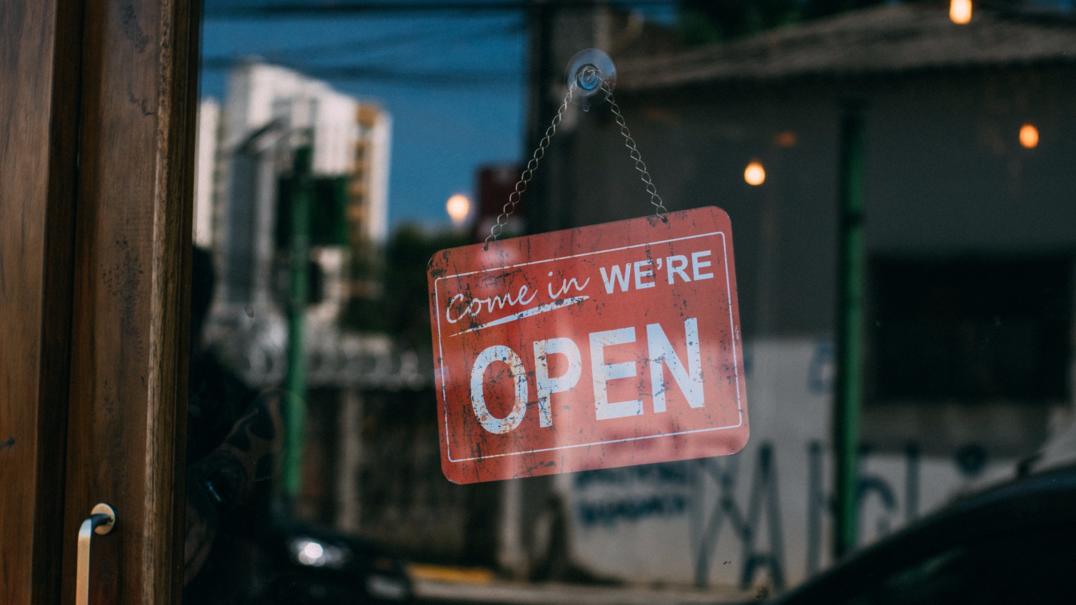Maintaining mental health is equally as important as managing physical health. With the stressors of transition, new workload, being away from family, and student loans, it’s no wonder that many of today’s college students suffer from several diagnosable illnesses including depression, anxiety, eating disorders, and addiction. Nearly half do not seek help, but self-care should be a top priority. Recall the saying, “you can’t pour from an empty cup,” meaning that you can’t give your best without taking care of yourself first. If you are suffering, please know that you are not alone. Here is a list of resources that are available to you:
We wanted to start with options feasible for high school students:
Teachers
When you ask a teacher you trust for help, they will likely have a protocol to help you out. By default, teachers want to assist you; it is a defining element in their role as an educator. The very premise of their career is to prepare you for your future, both for college as well as for your adult life. A part of becoming an independent adult is learning how to manage your mental health. That is why it is so important to seek help if you are having problems. You may even find it reassuring to have an adult aware of your obstacles.
Counselors
Going to your high school counselor is also a great outlet for discussing the mental health problems you may be facing. You can drop in their offices before school, after school, or even during lunch. They will be able to lend an outsider’s perspective, and you can vent about anything going on in your life that is causing you distress. Similarly, if your school has a school psychologist, that is another resource to consider. Often times, students don’t realize there are adults available to help with their daily struggles. Please remember that you should not suffer in silence.
These next couple resources are specific to college students:
Health Center/Counseling Center
Some colleges combine the health center and counseling centers, so be sure to explore your school’s website to see where your school’s mental health resources are located. At both the health center and counseling center, you can typically call to make an appointment or schedule one online. You can also stop in after class. Even if you don’t consider yourself to be dealing with severe mental health issues, visiting a therapist can be super helpful in learning how to cope with stress, sadness, anxiety, and to just have an unbiased listening ear.
Your RA and Campus Administrators
Your RA may feel like a more approachable option if you feel intimidated by the health center or campus administrators. Both your RA and campus administrators are prepared and equipped with information that will connect you to the proper resources for your concerns. It is imperative to share your emotions with someone, and people that work on campus are an ideal choice. It is their duty to help you. A part of that duty includes offering alternatives to keep you safe and give you the best collegiate experience possible.
Here are some universal alternatives open to everyone:
Peer Group
Peer groups can create a safe space for students to experience individualized support. By interacting with others that struggle with similar mental health problems, this system allows students to feel validated and understood. Peer groups also create an opportunity for undergraduates to forge lasting friendships based on encouragement, reassurance, and strength.
Your Friends and Family
It’s definitely a solid idea to reach out to your network when having troubles with mental health. Your friends and family love you and will help you find suitable assistance. If you are worried about a friend, many schools offer Anonymous Student of Concern Forms that you can fill out. Many people do not want to betray a friend’s trust by reaching out for help, so this is a way to evaluate symptoms and submit a call for help.
Immediate Support
If you or a friend are having suicidal thoughts and need immediate help, contact one of these places at once.
-Call 911.
-Go to the emergency room at your local hospital.
-Call your on-campus security.
-Call the National Suicide Prevention Hotline (1-800-273-8255). The hotline is available 24 hours a day.
There are numerous people to talk to and plentiful options at your disposal if you are in need of support. Whether it be help from a professional or a group of peers, various therapies work for different people. Do not give up. Truly, there is an option for you. For more information, this article from BestColleges.com has useful material on the distinct challenges that students face today. Ultimately, we hope you walk away knowing that your life is precious and that it’s worth investing in your mental health. You deserve to be happy.

